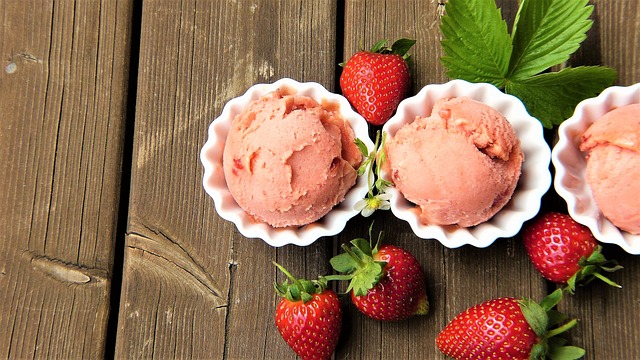Probiotics have gained a lot of attention in recent years due to their potential health benefits, particularly in supporting gut health. But there is another player in the mix that is equally important: prebiotics. Prebiotics are non-digestible fibers that provide food for probiotics and help them thrive in the gut. In this article, we’ll delve deep into the world of prebiotics, exploring their role in supporting good gut health and enhancing probiotic effectiveness.
What are Prebiotics?
Prebiotics are a type of non-digestible fiber that passes undigested through the small intestine and into the colon, where they stimulate the growth and activity of good bacteria. They act as food for probiotics, helping them thrive and multiply. Prebiotics can come in many forms, including fructooligosaccharides (FOS), galactooligosaccharides (GOS), and inulin. These fibers are found naturally in many foods, including garlic, onions, bananas, asparagus, and whole grains.
How Do Prebiotics Support Good Gut Health?
The gut microbiome is made up of trillions of bacteria that live in our intestines. These bacteria play a crucial role in maintaining our overall health and wellbeing. Studies have shown that a healthy microbiome is essential for proper digestion, immune function, and even brain health. One way to support a healthy microbiome is by consuming prebiotics. By providing food for probiotics, prebiotics help to maintain a healthy balance of beneficial bacteria in the gut. This can lead to a range of health benefits, including improved digestion, reduced inflammation, and enhanced immune function.
How Do Prebiotics Enhance Probiotic Effectiveness?
Probiotics are living microorganisms that are known to provide a range of health benefits. These include improved digestion, reduced inflammation, and enhanced immune function. However, for probiotics to be effective, they must be able to survive the journey through the digestive system and reach the colon, where they can do their work. This is where prebiotics come in. By providing food for probiotics, prebiotics help them to survive the journey through the digestive system and reach the colon alive. This can enhance the effectiveness of probiotics and result in a greater range of health benefits.
What are Some Good Sources of Prebiotics?
Prebiotics can be found naturally in many foods, including:
- Garlic
- Onions
- Bananas
- Asparagus
- Jerusalem artichokes
- Chicory root
- Dandelion greens
- Whole grains
It’s worth noting that cooking can reduce the prebiotic content of some of these foods. For example, raw garlic contains a higher level of prebiotics than cooked garlic.
Conclusion
Prebiotics are a vital component of good gut health and play a crucial role in enhancing the effectiveness of probiotics. By providing food for probiotics, prebiotics help them thrive and multiply, leading to a range of health benefits. Incorporating prebiotic-rich foods into your diet is a simple way to support gut health and improve overall wellbeing. Add some raw garlic to your salad, snack on a banana, or toss some onion into your stir fry. Your gut will thank you!







